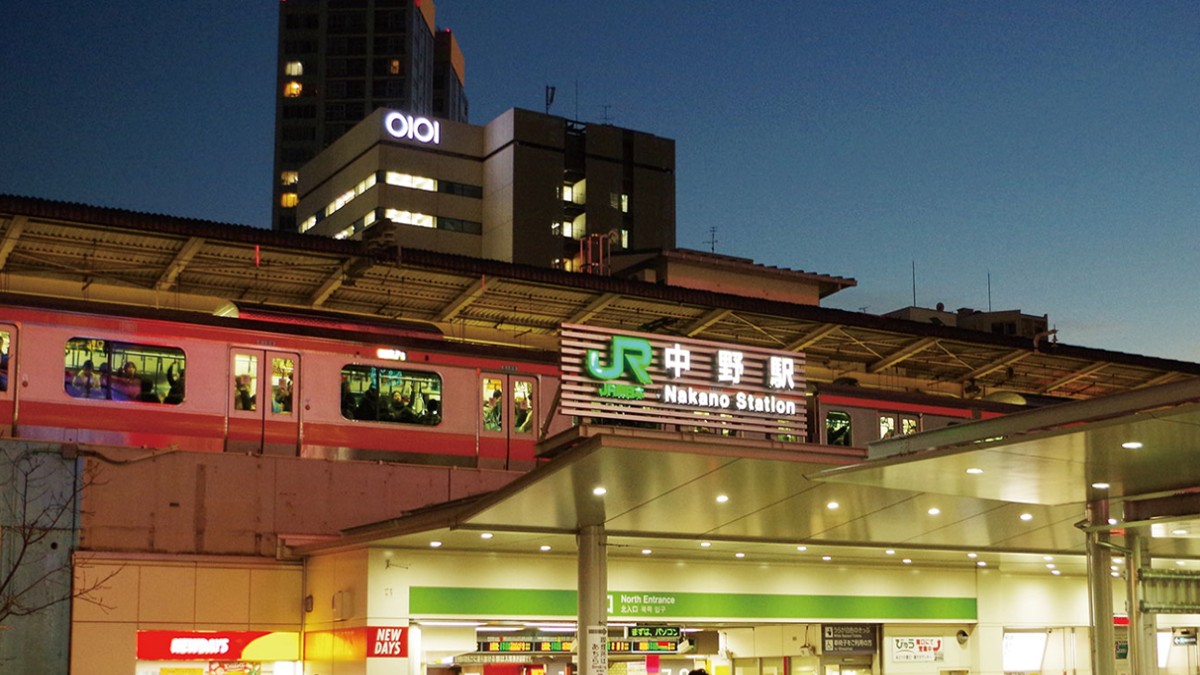2022.08.29
【日本の不動産管理方式紹介】マスターリースとサブリースの比較

In Japan, there are several arrangements for managing investors’ real estate. The most common one is for investors to pay a property management fee (benchmark is 5% of rent) and appoint a property management company to primarily handle leasing, tenant management, and property maintenance.
Alternatively, investors may rent the property to the management company, which then sublets it to the tenants (commonly referred to as a sublease), whereas a Master Lease is the leasing agreement between the investor and the management company.
目次
2 Types of Master Lease: Rent-Guarantee and Rent-Linked

The common understanding of sublease is a rent guarantee mechanic where the property manager pays the landlord a fixed-rent regardless of whether the property is vacant or if there is rent delinquency. The property manager, acting as the subletter does not charge the management fee nor leasing fee but pays approximately 80-90% of the actual rent to the investor while the remainder is recognized as compensation for the rent guarantee. The key money and renewal fees paid by the actual occupant will also become the property manager’s income.
There is another type of Master Lease that is “Rent-Linked Master Lease” where the investors receive no rental income and the management company does not charge any management fees when the property is vacant. When a property is successfully leased, the management company will pay the investor the rent while collecting a leasing fee (typically 1 month’s rent) as well as % of the rent as a management fee.
The difference between Rent-Linked Master Lease and a standard property management is that the management company is treated as the investor’s tenant.
Rent-Linked Master Lease Reduces the Property Management Risks and Increase Tenant Source
Although the investor bears the risk of vacancy and the rent is not guaranteed, the rental income of investors during tenanted period is higher compared to Rent-Guarantee and in the case of extended delinquency that requires legal solutions, the time and expenses for lawyers, litigation,and related matters are the property management company’s responsibility, reducing the burden on the investor.
In case of foreign investors, corporate tenants must apply and pay taxes in person, disincentivizing many corporations, particularly large corporations, from renting properties where the landlord is a foreign national. Rent-linked Master Lease bypasses this issue as the management company acts as the corporate tenants’ landlord.
In comparison to the standard property management, consumption tax for investors is also saved as the property management company directly deducts the management fees from the rent and pays the net amount to the investors.
According to a Land Institute Japan survey, 63% of real estate bought by Japan Real Estate Investment Trusts (J-REIT) between 2010 and 2019 was administered as Master Lease, and approximately 80% of them were rent-linked. This demonstrates that rent-linked management can ease the effort and risk of managing a large number of tenants for investors with big portfolios.
Currently WealthPark RealEstate Technologies is preparing to launch a Rent-Linked Master Lease option at 5%, lower than industry average in the hopes to provide more value to the investors by increasing the source of tenants, stabilizing rental income, and giving a peace of mind to the investors.
—
WealthPark RealEstate Technologies is a real estate technology company that provides online and offline asset management services for overseas investors with properties in major cities of Japan, including Tokyo, Osaka, Yokohama, Nagoya, Kyoto, Fukuoka, and Sapporo.
WealthPark partners with real estate brokers and technology companies in order to provide investors with comprehensive asset management and property transaction services. WealthPark RealEstate Technologies will continue to expand its digital platform to create user experience.
Contact Us: https://wealth-park.com/en/asset-management/#hsforms





